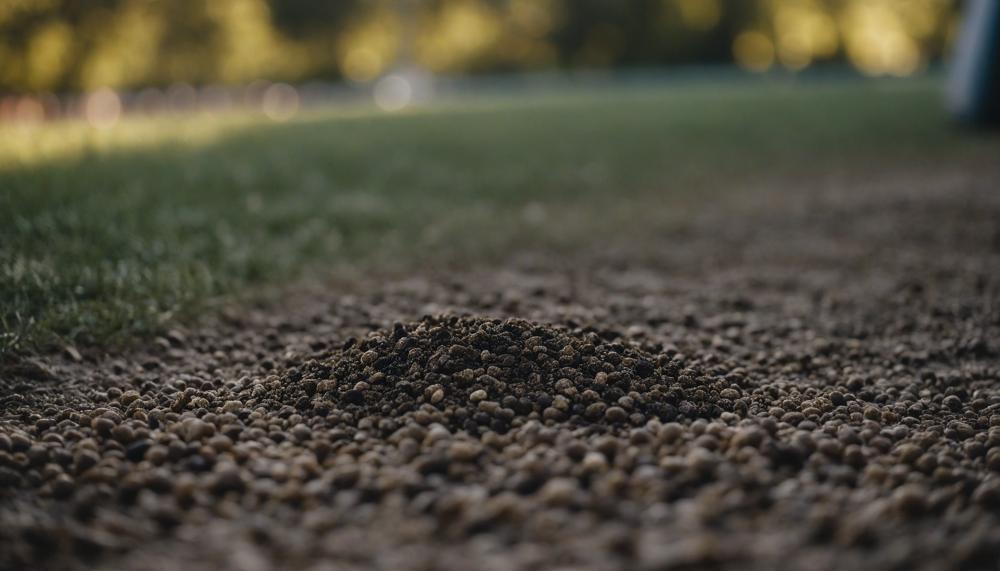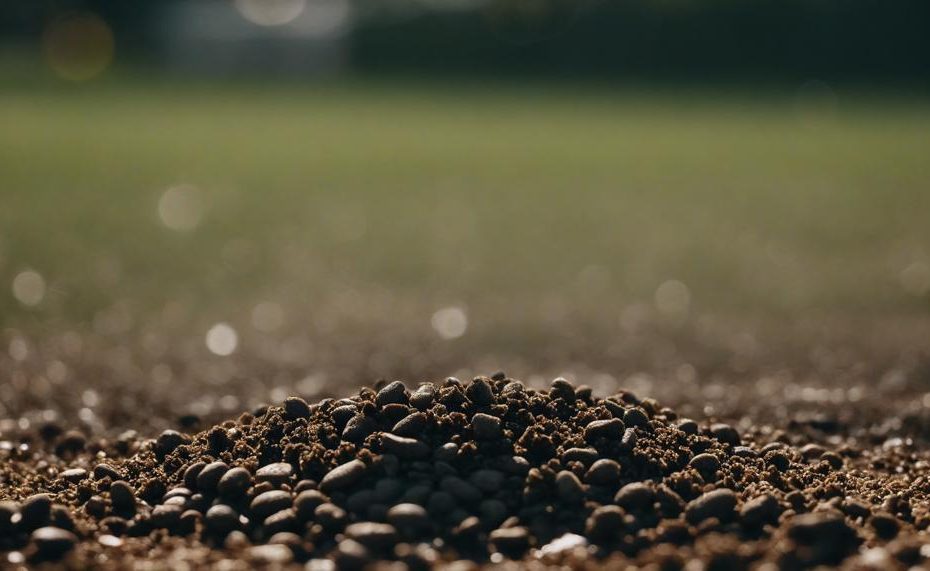Cleaning up after your dog isn’t the most glamorous task, but it’s a crucial part of responsible pet ownership. Properly disposing of dog poop is more than a courtesy to your neighbors—it’s essential for the environment and public health.
Dog waste can contain harmful bacteria and parasites that contaminate water supplies and spread disease. Luckily, there are several methods to handle this waste effectively, each with its own benefits and considerations.
Here are seven ways to dispose of dog poop properly:
- Throw it in the regular trash: Common but not eco-friendly.
- Use biodegradable bags: Breaks down faster in landfills.
- Flush it down the toilet: Suitable for small amounts; check local regulations.
- Compost it: Requires proper handling; avoid using on edible plants.
- Bury it: Dig a hole at least 6 inches deep, away from water sources.
- Use a pet waste disposal system: Enzyme-based systems for your yard.
- Hire a pet waste removal service: Convenient for those who prefer not to handle it themselves.
Neglecting to pick up after your dog can lead to significant health risks and environmental damage. For the greenest approach, consider composting or installing a pet waste disposal system in your yard. Making the right choice can keep your community clean and healthy while reducing your ecological footprint.
How to Dispose of Dog Poop Properly
There are several ways to dispose of dog poop properly:
-
Regular Trash: The simplest way is to bag the poop and toss it in your regular trash. Bagging the poop helps contain and kill any bacteria living in it. However, there are environmental concerns with this method as it ends up in the landfill.
-
Flush It: You can also flush dog poop down the toilet. This is a safe and acceptable method of disposal according to the EPA. However, septic tanks are not suitable for digesting dog feces, so flushing should be avoided in these cases.
-
Bury It: If you have the space, you can bury your dog's waste.
-
Composting and Worm Farms: Some people use waste digesters, composting, and worm farms. However, it's important to note that composted dog poop should not be used on food crops due to the risk of parasites.
-
Dog Poop Collection Service: In some areas, you might find services that will collect and compost dog poop.
Remember, it's important to always pick up dog poop, even from your own yard, as it can contain bacteria and other parasites. And don't forget to wash your hands thoroughly after handling dog poop.
Fiction
In fiction, several misconceptions about disposing of dog poop are commonly portrayed, leading to misunderstandings about proper waste management. Here are some key misconceptions:

| Misconception | Description | Reality |
| It Decomposes Quickly | Fiction often suggests dog poop decomposes rapidly if left on the ground. | Dog poop can take years to decompose fully, during which it can harm the environment and spread bacteria. |
| Only Important in Public Spaces | Some stories imply that picking up dog poop is only necessary in parks or public areas. | Proper disposal is crucial in private yards as well to prevent bacteria spread and maintain hygiene. |
| Flush It Down the Toilet | Characters might easily flush dog poop down the toilet without issue. | While possible, this method is not suitable for large amounts and depends on local sewage systems’ capabilities. |
| Using Regular Trash Bags is Fine | Regular trash bags are shown as acceptable for dog poop disposal. | Biodegradable bags are better as they break down faster and are more eco-friendly. |
| Burying is Always Safe | Stories might show characters burying dog poop without concerns. | Burying should be done carefully, away from water sources and vegetable gardens to avoid contamination. |
| It’s Not a Health Risk | Some narratives downplay the health risks of leaving dog poop unattended. | Uncollected dog poop can carry harmful bacteria and parasites that pose serious health risks to humans and other animals. |
| Professional Services Are Unnecessary | Fiction often overlooks the use of professional pooper scooper services. | These services are crucial for those unable or unwilling to handle waste, ensuring a clean and healthy environment. |
Fact
Improperly disposing of dog poop presents significant health and environmental hazards. These hazards stem primarily from the harmful microorganisms present in dog feces, including E. coli, fecal coliform bacteria, salmonella, giardia, and hookworms. When dog waste is left unattended, these pathogens can contaminate soil, water sources, and even the air, posing serious risks to both human and animal health.
| Health Hazards | Environmental Hazards | Explanation |
| Antibiotic-resistant infections | Water pollution | Pathogens in dog poop can contribute to the rise of antibiotic-resistant bacteria, making infections harder to treat. |
| Parasitic infections | Soil contamination | Parasites like giardia and hookworms can infect humans and pets through contaminated soil or water. |
| Respiratory issues | Harm to aquatic life | Bacteria and ammonia from decomposing waste can cause respiratory problems in humans and animals. |
| Gastrointestinal illnesses | Eutrophication | Fecal bacteria can cause severe gastrointestinal diseases if they enter drinking water supplies. |
Proper disposal methods, such as using designated dog waste areas, waste digesters, or specialized composting services, are essential to mitigate these risks. Burying dog poop should be done carefully, away from waterways, to prevent contamination. Home composting is generally not recommended as it may not reach the necessary temperatures to kill all pathogens.
Conclusion
Proper dog poop disposal is an often overlooked yet vital aspect of responsible pet ownership. Leaving dog waste unattended poses serious health risks due to harmful bacteria and parasites, which can contaminate water supplies and spread diseases. Fortunately, there are several effective methods to manage this waste, each with its own benefits and considerations.
Commonly, dog poop is thrown into regular trash bins, though this method isn’t environmentally friendly. Opting for biodegradable bags offers a more eco-conscious solution, as these break down faster in landfills. Another approach is flushing small amounts down the toilet, but it’s essential to verify local regulations first.
For those keen on sustainability, composting is an option, although it requires careful handling and should not be used on edible plants. Burying dog waste can be practical if done correctly—at least six inches deep and away from water sources to prevent contamination. Installing a pet waste disposal system in your yard is another efficient and eco-friendly method, utilizing enzymes to break down waste.
For convenience, hiring a pet waste removal service can be an excellent choice, ensuring your yard remains clean and sanitary without personal hassle.
Ultimately, choosing the right disposal method helps maintain a clean, healthy environment and reduces your ecological footprint.





